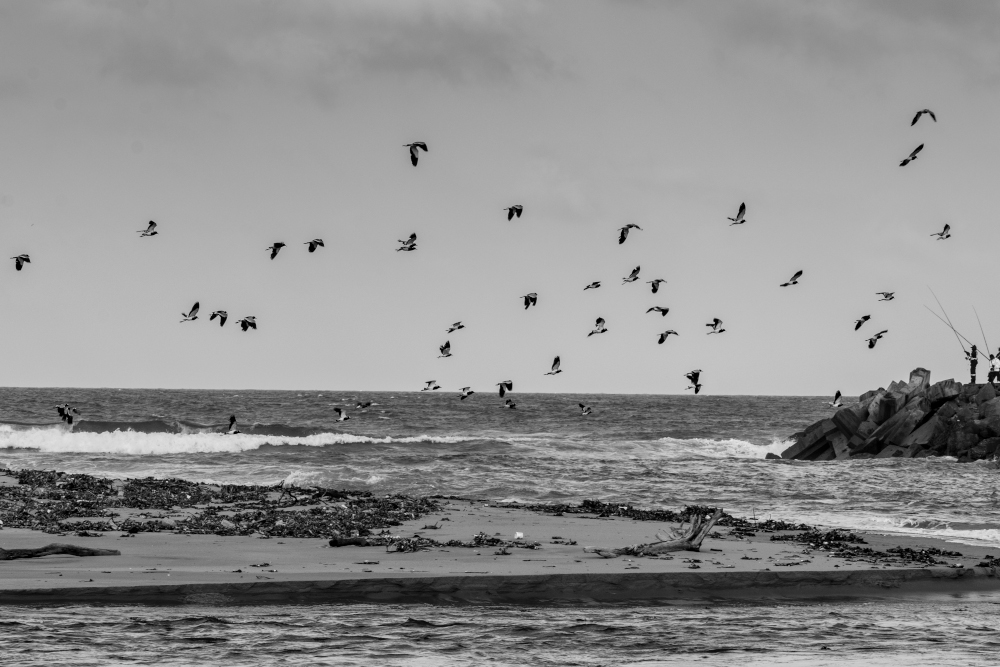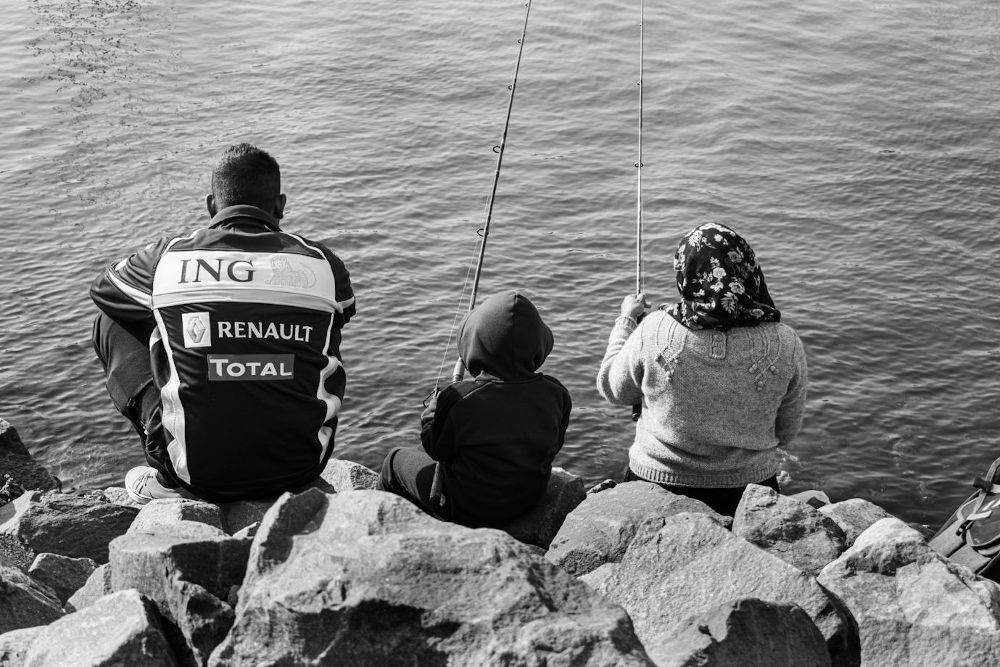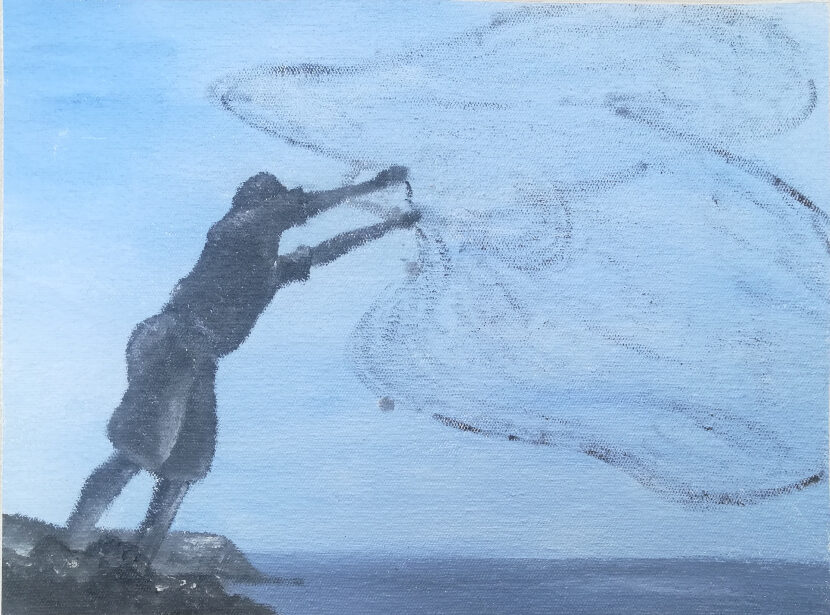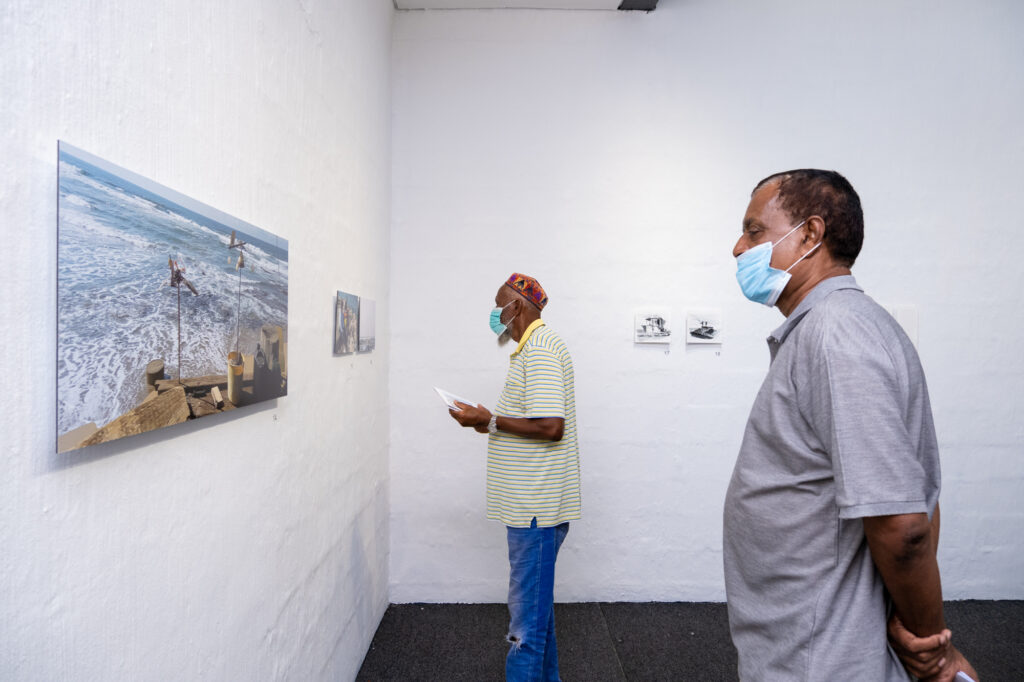IYAFA
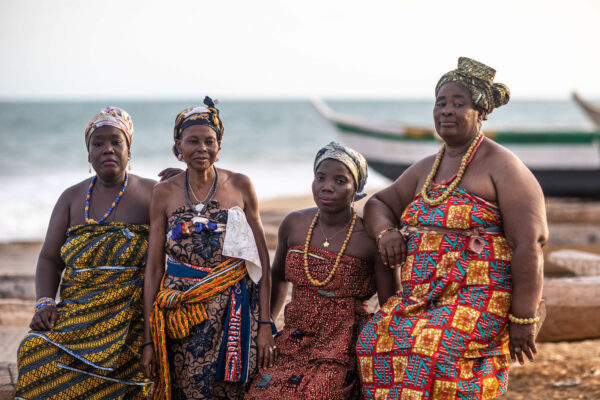
Aunty Peace (on the right), a fish processor and women’s leader from Elmina, Ghana has spoken vocally on the exclusion of women small-scale fishers from decision-making spaces, access to government grants and subsidies and the impacts of these on the livelihoods of women fishers. Photo: Nessim Stevenson
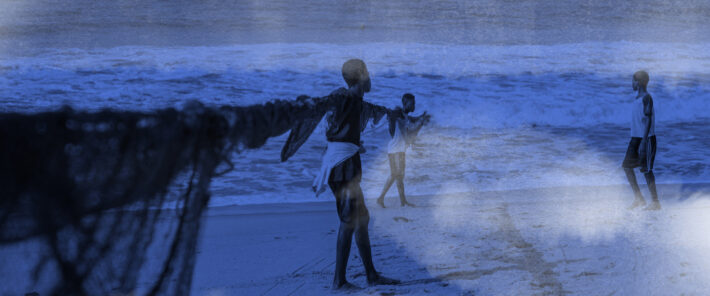
This page tracks partnerships, as well as research and policy insights arising from deep engagement with human rights during International Year of Artisanal Fisheries and Aquaculture 2022 and beyond.
Explore key dates so far
-
MARCH 2023:
IYAFA 2022 Closing events at the FAO in Rome
-
December 2022
UN Special Rapporteur on Cultural Rights called attention to blue economy developments that marginalize small-scale fishers
-
December 2022
First joint policy brief by FAO and UN High Commissioner for Human Rights on small-scale fishers’ human rights
-
November 2022:
Launch of the SSF-LEX Database
-
July 2022
Human rights of small-scale fishers are discussed at the UN Ocean Conference
-
June 2022
For the first time, the UN High Commissioner for Human Rights participates (via video-message) to World Oceans Week, to call attention to the human rights of small-scale fishers (in collaboration with the Hub and FAO)
-
March 2022
FAO Legal and Policy Toolkit on SSF aims to support the identification of barriers and opportunities to support the implementation of the FAO Voluntary Guidelines for Securing Sustainable Small-Scale Fisheries (SSF) in the Context of Food in national laws and policies
-
2019
The UN Declaration on the Rights of Peasants and Other People Working in Rural Areas recognizes the need for a coherent interpretation and application of existing international human rights standards to a broad range of actors involved in small-scale fishing and related handicrafts
-
2018
South Africa’s Supreme Court of Appeal decision (Gongqose case) recognized small-scale fishers’ customary right to fish.
-
2015
Among the Sustainable Development Goas, the international community commits to “Provide access for small-scale artisanal fishers to marine resources and markets” (SDG 14b)
-
2014
FAO Voluntary Guidelines for Securing Sustainable Small-Scale Fisheries in the Context of Food Security and Poverty Eradication (FAO SSF Guidelines) are the only international instrument specially dedicated to small-scale fisheries, making express references to small-scale fishers’ human rights.
-
2007
UN Declaration on the Rights of Indigenous Peoples (UNDRIP) recognizes Indigenous peoples’ right to maintain and strengthen their distinctive spiritual relationship with their traditionally owned or otherwise occupied and used seas and resources, and to uphold their responsibilities to future generations in this regard.
Joining efforts to strengthen the protection of small-scale fishers' human rights
Voices from local fisher people
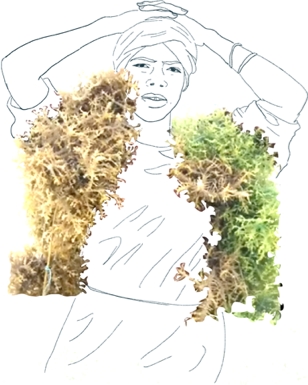
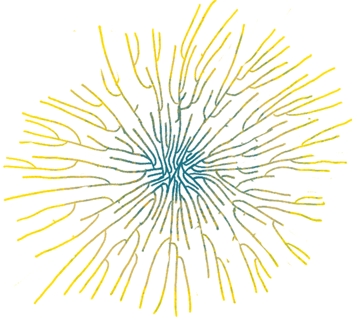
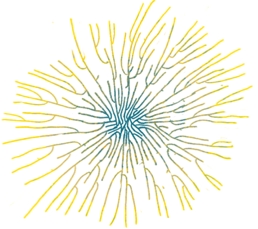
Whenever there is any invitation to Accra to deliberate on fisheries issues, only the men go. Our views are not important.
Woman fisherworker, Ghana.
Most artisanal fishermen know how that they have to put the fish back in the sea after they have caught it, if it’s of the non-recommended size.
Anonymous fisher, Namibia.
The industrial trawlers are catching the fish which are supposed to be caught by the smaller fishing boats, which is the fish that we smoke. To compete with them, our fishermen resort to using hazardous chemicals to fish. This is causing most of the fish to die. The fish stocks keep depleting year after year. If things don’t change, we will get to a point where there will be no fish left in the sea. This will be a disaster for those of us living on the coast
Aunty Peace, fisherworker, Ghana.
I would say our rights have been violated. We have not been consulted in any of the decisions that the department has made regarding the granting of the rights to small-scale fishers. Also… they don’t take the necessary steps when they introduced us to the fishing rights, for example the permit conditions.
Melissa Pullen, Chair-person of the Small-scale fishers cooperative, Eastern Cape, South Africa,
Engage with us for change

Relevant resources
Collaboration with our UN partners
Collaboration with our NGO partners:
Hub’s research on small-scale fishers
Fishers' Tales
These photos are part of the Fishers’ Tales project, which is is an arts-based storytelling project that collects the wondrous tales that fishers enjoy telling about their ocean adventures. Fishers Tales was supported by the Hub’s DEEP Fund – a programme of work dedicated to advocating and advancing community-based arts research.
